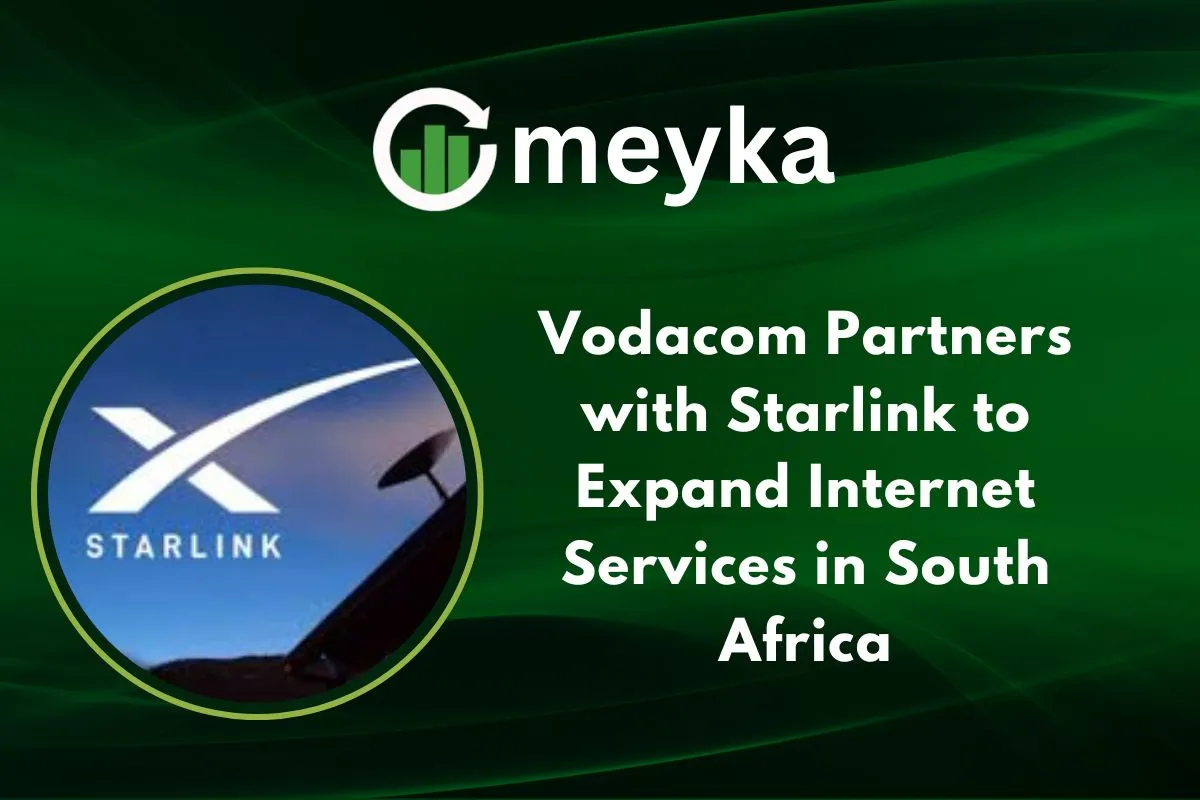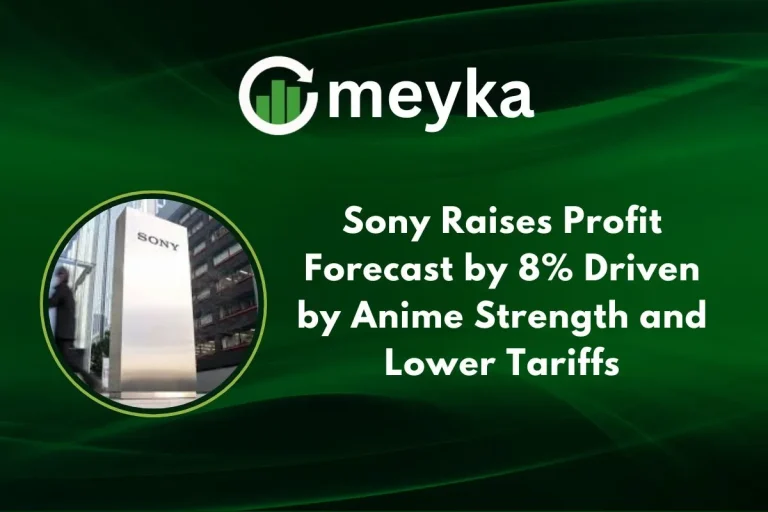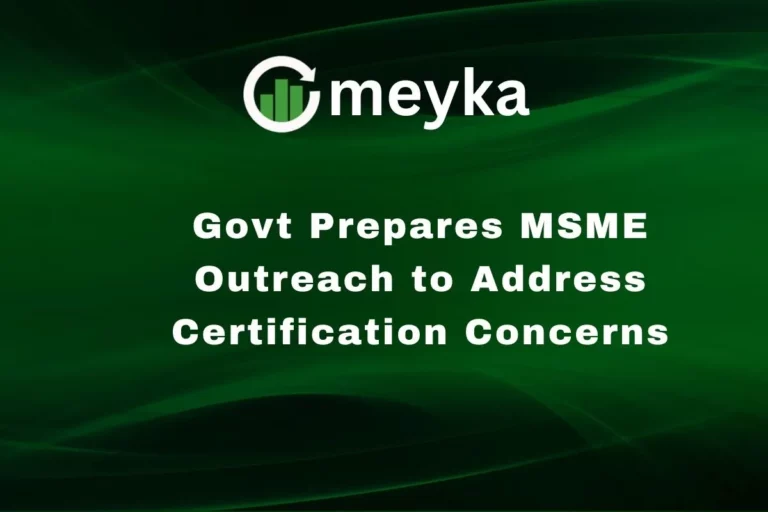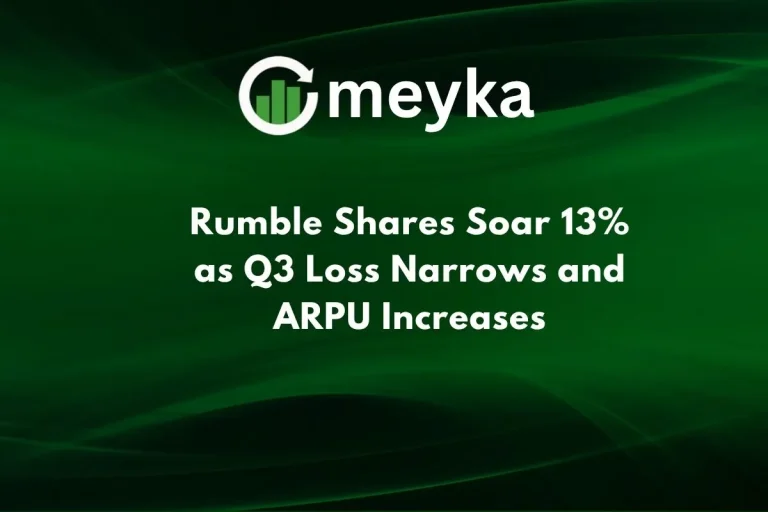Vodacom Partners with Starlink to Expand Internet Services in South Africa
We’re living in an age where being offline often means feeling cut off. In many parts of Africa, including remote areas, internet access remains unreliable or absent. Now, a major shift is underway: Vodacom has teamed up with Starlink, known for its low‑earth‑orbit satellite broadband, to bring high‑speed, low‑latency internet to parts of the continent that struggle with connectivity.
This partnership aims to plug huge gaps in access. Vodacom will link its mobile networks with Starlink’s satellite infrastructure, which is a game‑changer in places where laying cables or building towers is difficult. We’ll explore what this deal means, how it could reshape internet access in Africa (and South Africa specifically), and why it matters for businesses, students, and everyday users alike.
Continue Reading on Meyka
This article is available in full on our main platform. Get access to complete analysis, stock insights, and more.
Read Full Article →





